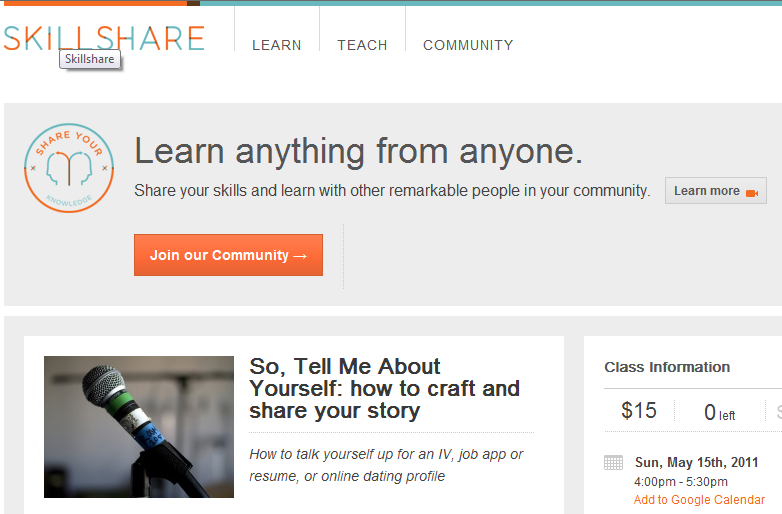I am in the cool, weird, and eclectic city of Austin, Texas for the next couple of days attending the company formerly known as StepStone (now called Lumesse), customer conference called 'Journey 2011'. Lumesse, in case you are not familiar, is a HR Technology solutions provider in the talent management space, (think talent acquisition, performance management, succession planning, etc.), with a significant global presence, and perhaps less well-known here in the US. www.lumesse.com
www.lumesse.com
The re-branding from StepStone to Lumesse (with it's corresponding website, logo, corporate color scheme re-design, etc.), could be at least in part motivated by the organization's desire to raise awareness and gain some mindshare here, I will endeavor to learn more about those goals while I am here in Austin. But the success of the re-brand will be pretty easy to measure I reckon, by the length of time it takes for Lumesse staff, customers, prospects, and even bloggers to stop adding 'the company formerly known as StepStone' when talking about the organization.
So while I am looking foward to meeting many of the Lumesse employees, customers, and others who have made their way to sunny (apologies Northeast), Austin, I woke up this morning only to realize the 'official' events do not actually get underway until later this evening, essentially giving me an entire 'free' day here in Austin, when I had previously thought I'd be in sessions, attending demonstrations, eyeing the lunch buffet, etc. So while it is a fun town to find yourself in with some time to kill, at the same time all of a sudden being 'unscheduled' makes you really kind of pause for a moment to think about what to do.
It is a classic question, one that organizational effectiveness folks sometimes ask - what, if you and your team showed up at the office one morning (assuming, for a moment, there is an 'office' somewhere), and all the things you thought you'd be doing, the meetings that you had booked, the 78 emails that showed up in your inbox overnight, the phone calls you planned on making - what if all of those things were suddenly and simply gone?
What would you do, or more importantly what would the team do if they were completely and unexpectedly freed up for some period of time, could be an hour, a day, whatever?
Not so long ago I rolled up the office to find that overnight storms had knocked out all power to the company headquarters. No email, no phones, nothing. It was a mild day, so the loss of power was not a hardship or safety hazard, just really an inconvenience really. But it was instructive to see the different reactions amongst the staff to their sudden 'dilemma of freedom'. Some immediately calculated the power outage as a 'free' day off and wanted to leave, or go to the mall. Some looked for other productive tasks that actually could be done without the power being on. And some were genuinely inspired, seeking to collect up other members of the team for chats and starting impromptu and completely serendipitous conversations about all kinds of topics, as if the unplanned loss of email and phones and schedules suddenly created a burst of excited energy and even fun.
I think you can learn a lot about what is really imporant to you when faced with some unexpected free time, and you can also really get a sense of the engagement, burnout levels, and overall creativity of a team when the entire group finds themselves in the same situation. I think sometimes all the 'stuff' we have to deal with every day keeps us from ever having the chance to see things in a different way.
What do you think - what would you do if the power was out, or if your email and phones were down, or if all your meetings were canceled today?

 Steve
Steve


